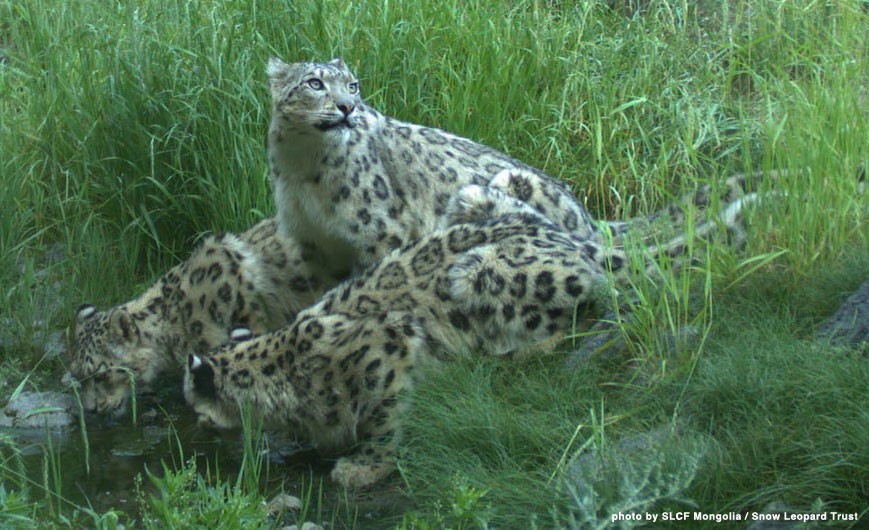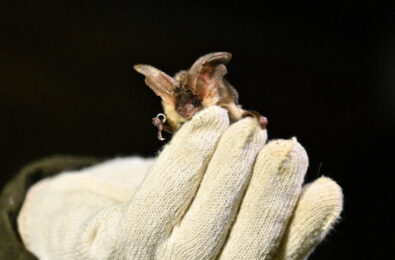The Connection Between Human Health and Snow Leopards

Charudutt Mishra, one of FFN’s first award winners, has been studying snow leopards living in High Asia for decades. Together with his colleagues, he recently published a research paper that focuses on the increasing risk of disease transmission among snow leopards, other animals and humans. This is not only a concern for the people living in Asia, but around the world.
Animals and Humans Become Closer
As Covid-19 has recently shown, diseases that jump from animals to humans, called zoonotic diseases, can create a global pandemic. Therefore, it is of the utmost importance to not only understand how this can happen, but also how this can be prevented or minimized. In his paper, Charudutt addresses this problem specifically for the region of High Asia, which was long thought to be a low-risk environment due to its extremely cold environments, low density of people and wildlife and lack of knowledge on local diseases. However, the climate is changing, people are moving around more and are brought closer to animals and their habitat through wildlife trade and the expansion of agriculture. Animals and humans are now living closer to each other than ever.
Snow leopards have large home ranges and travel long distances, interacting with each other and wild ungulates or livestock along the way. These connections could provide the perfect opportunity for pathogens to hitchhike on snow leopards, spreading diseases across the area. With the expansion and intensification of agriculture, and increased human-wildlife interactions, and intensive use of antibiotics in livestock, the chances of (resistant) diseases jumping from animals to humans are getting higher and higher.
Preventing Global Outbreaks
It is critical that factors that increase the risk of disease transmission between wildlife and humans are monitored in order to prevent more global outbreaks. Charudutt and his colleagues present their paper in hopes of pushing the issue of zoonotic diseases to the forefront, especially since they can become a global problem.

















